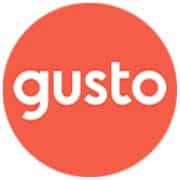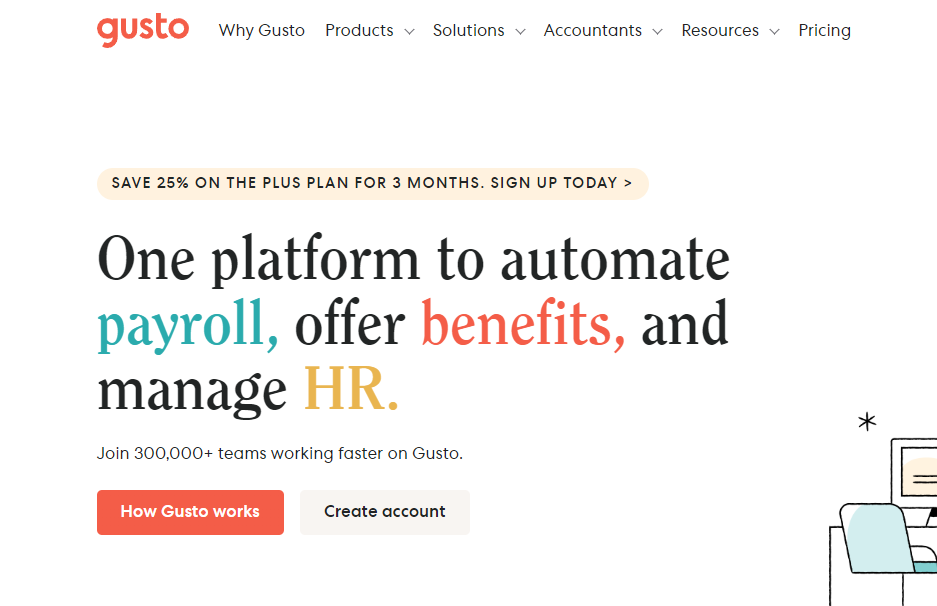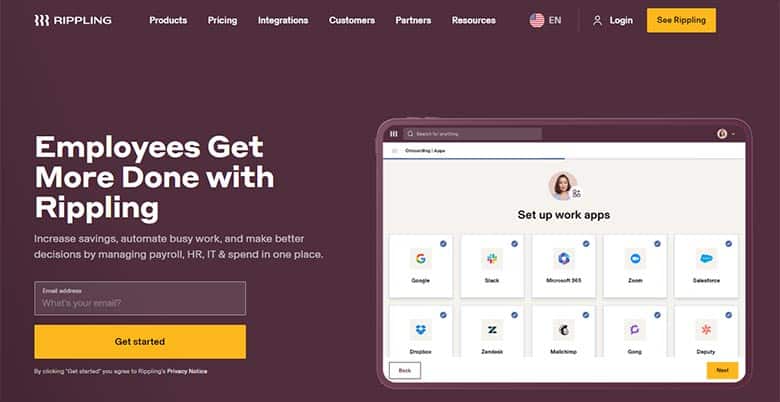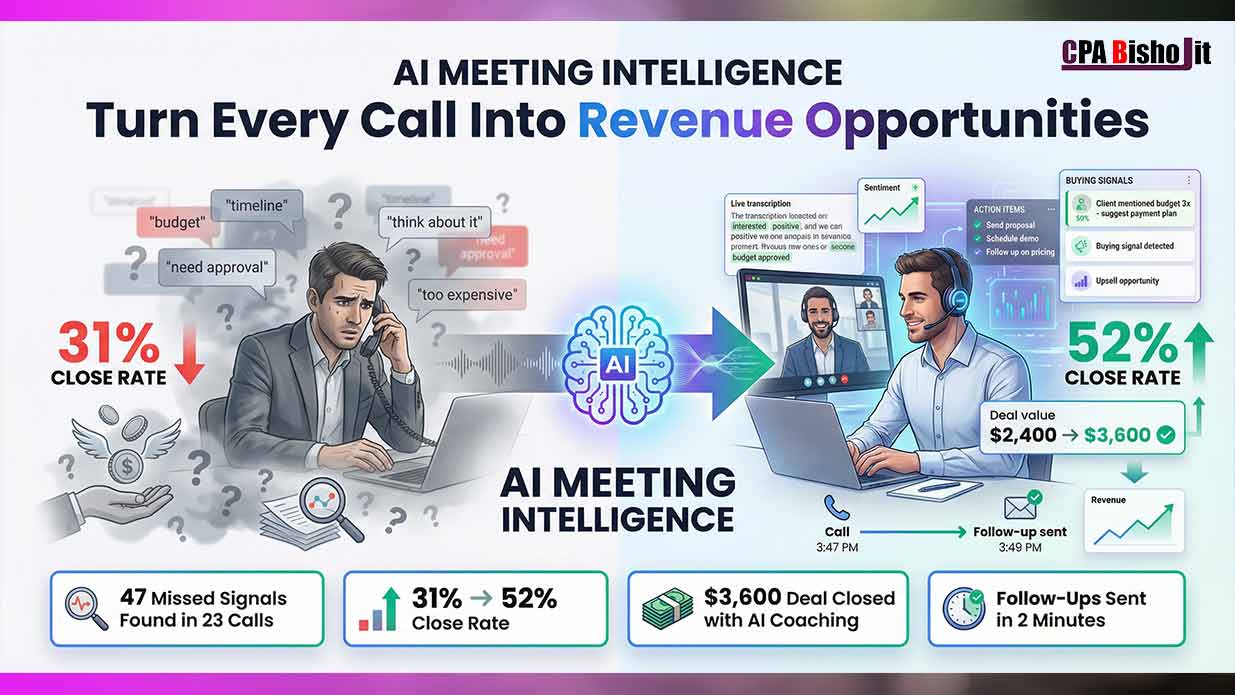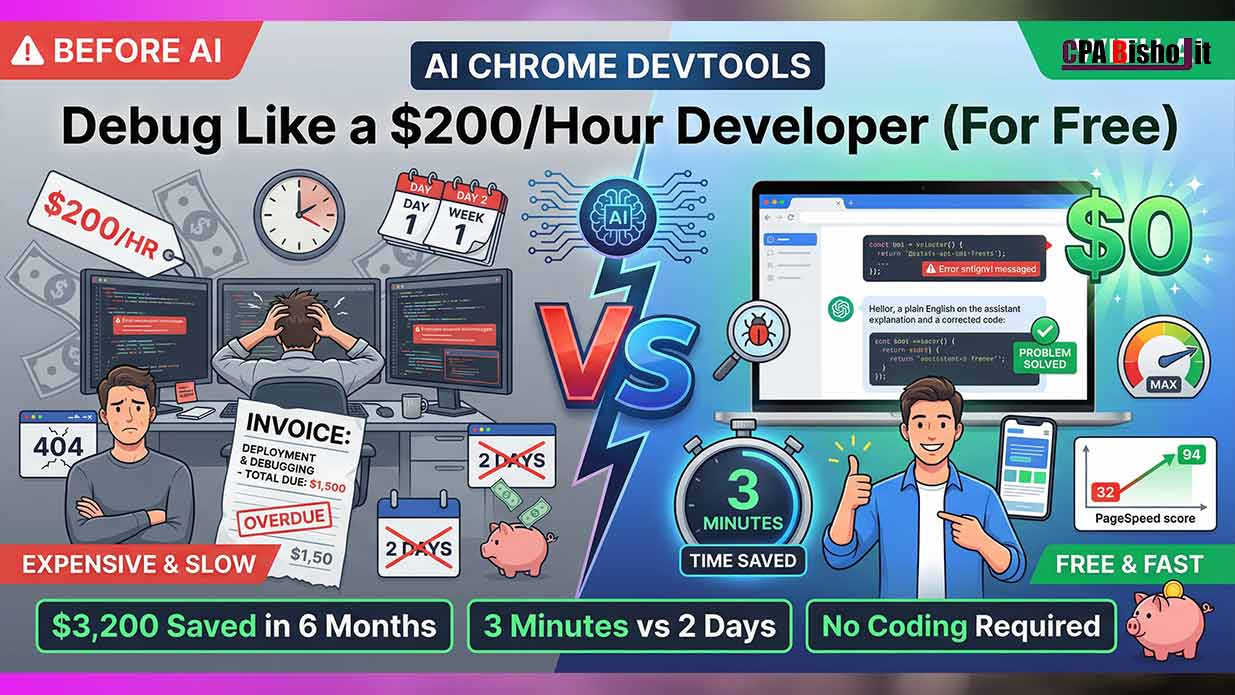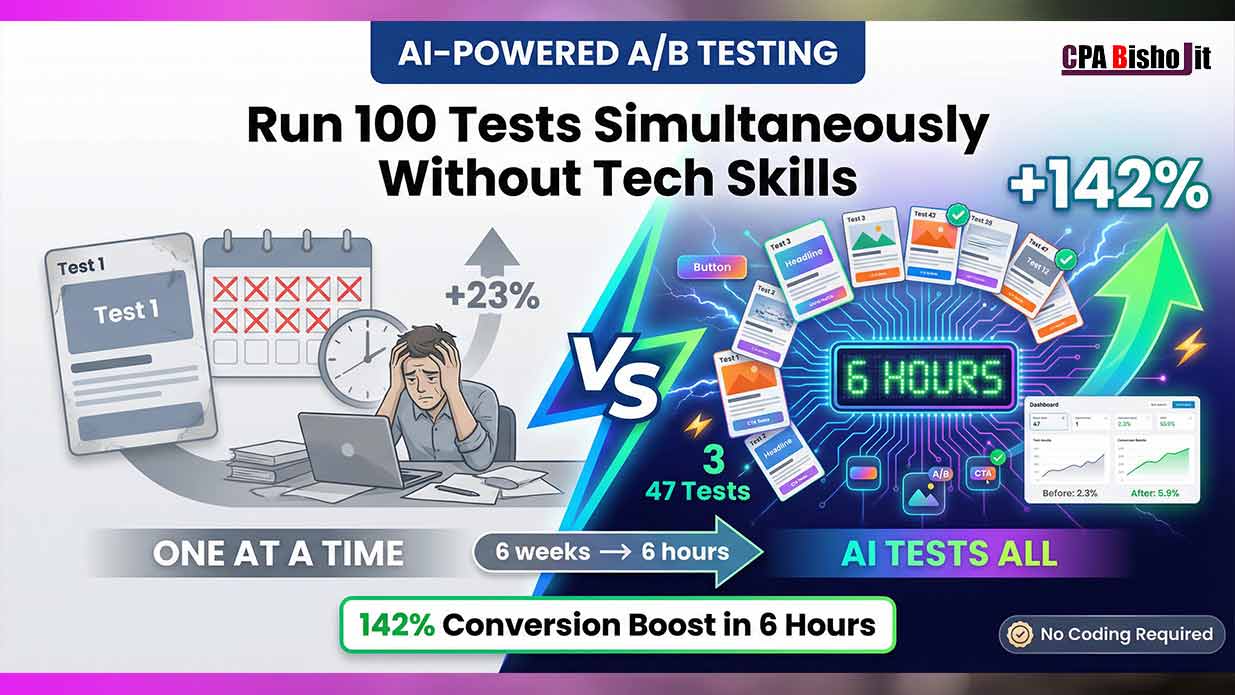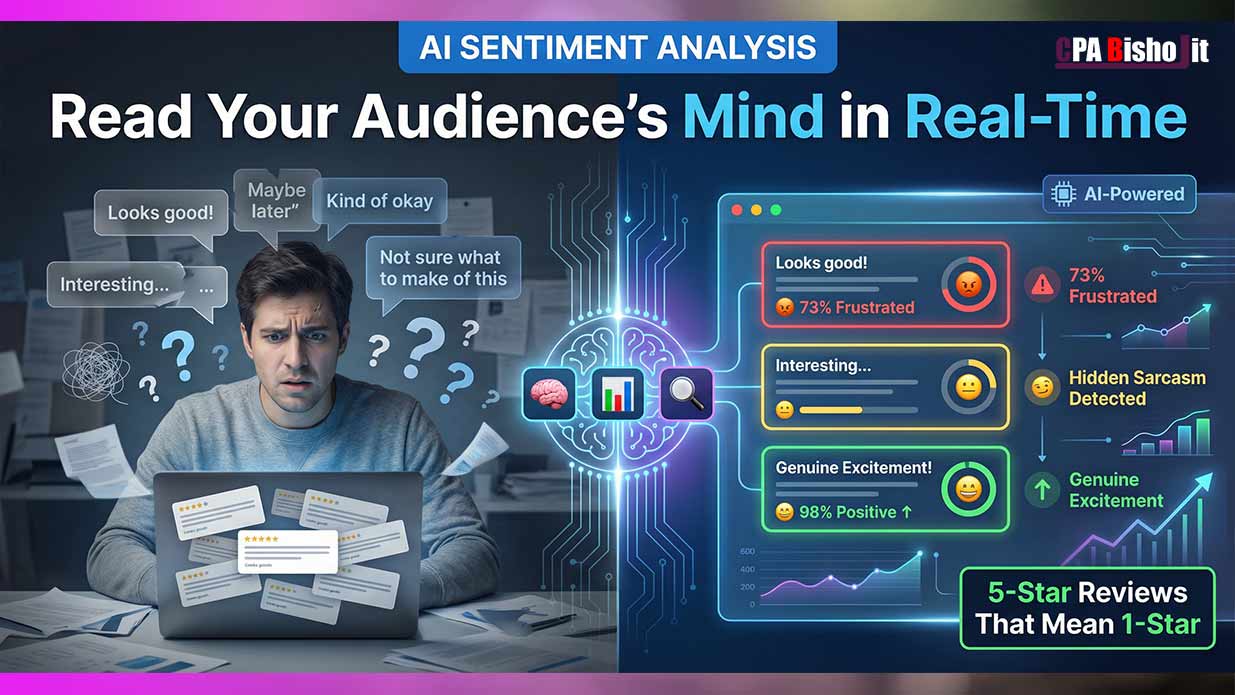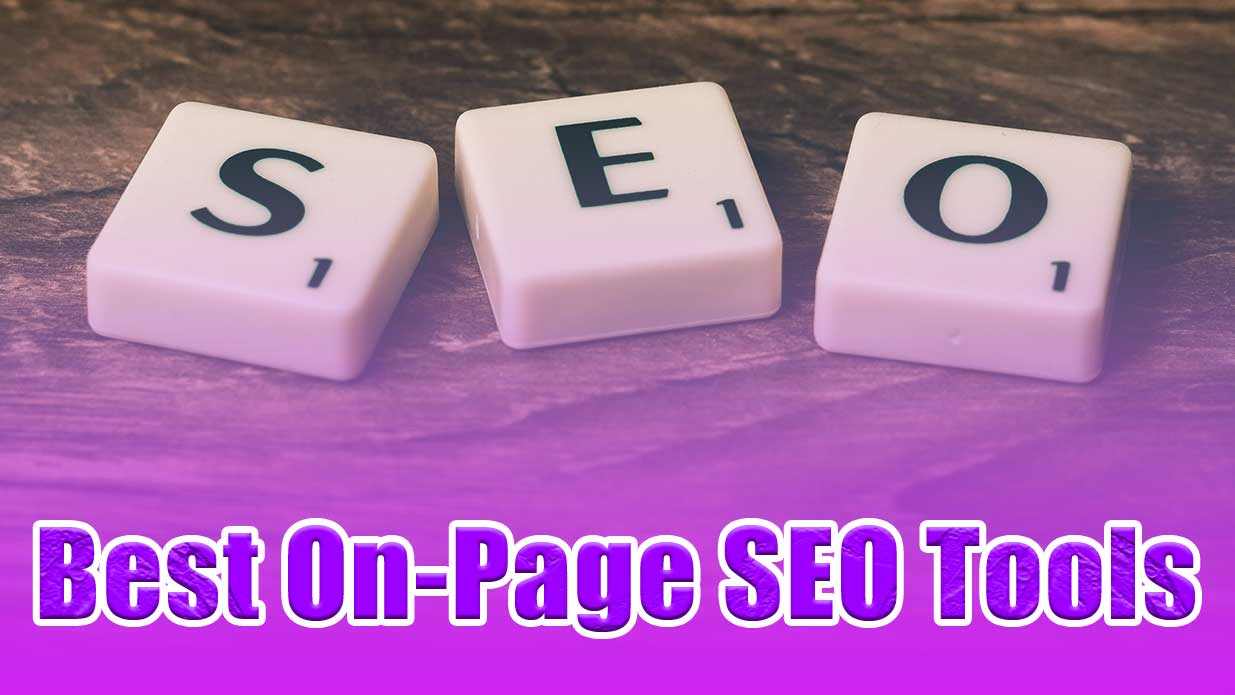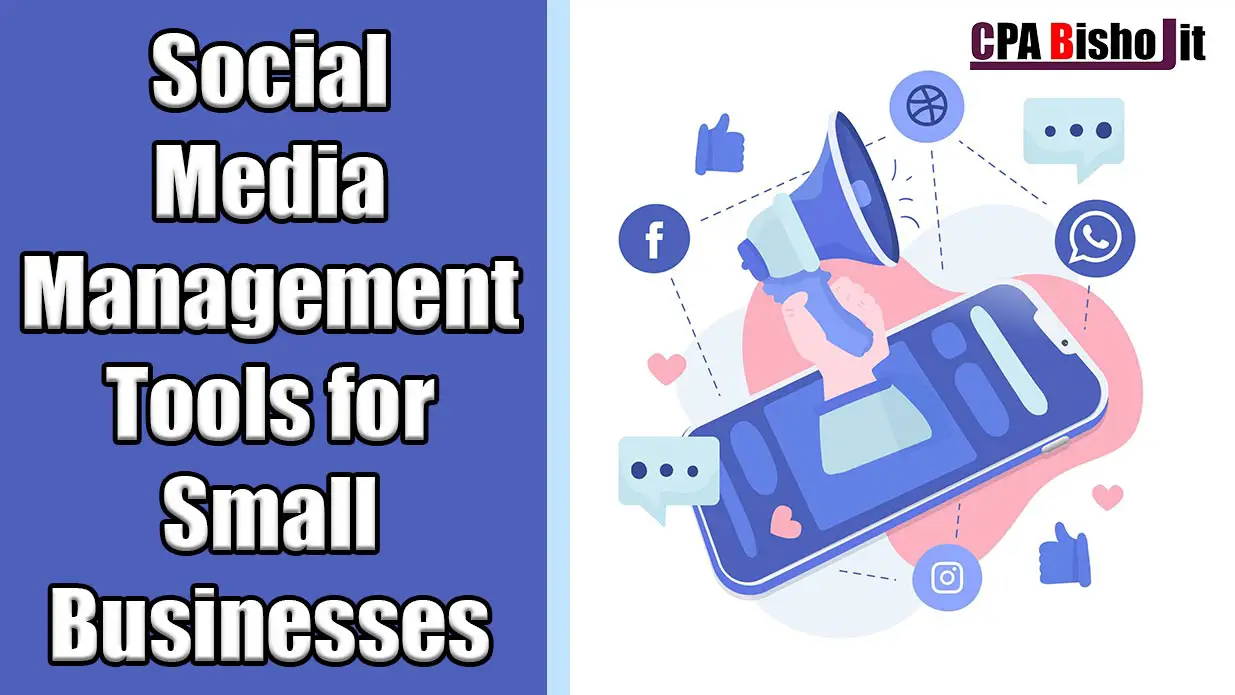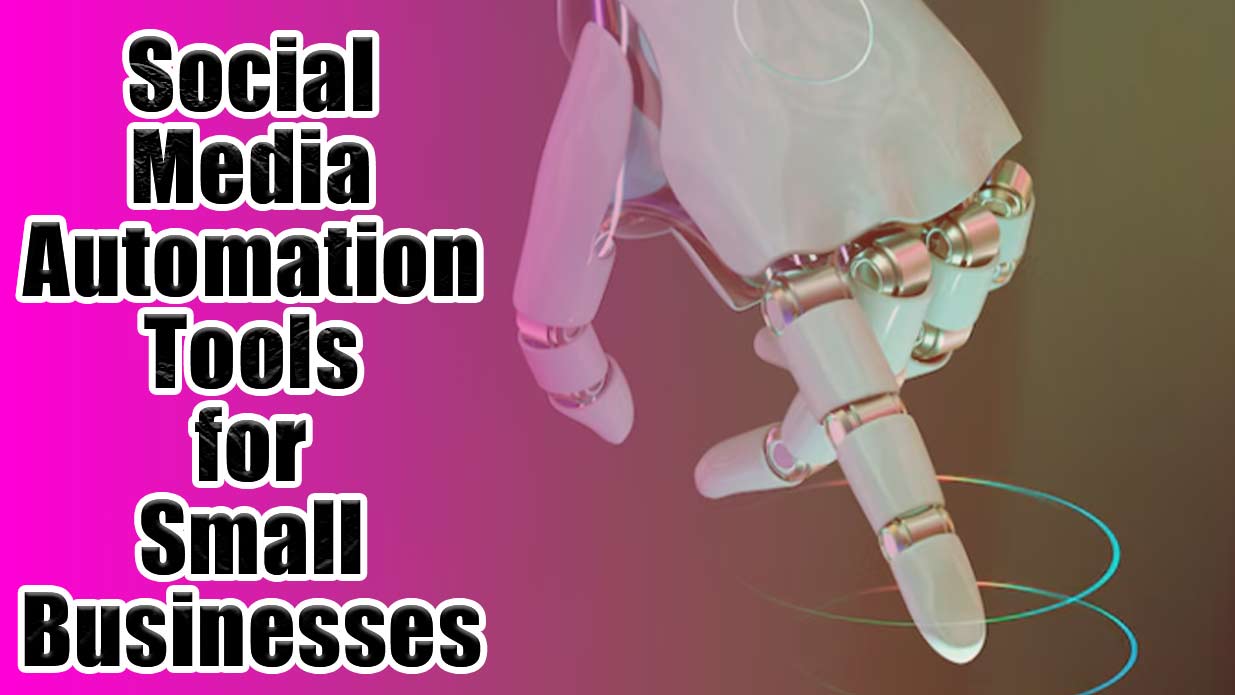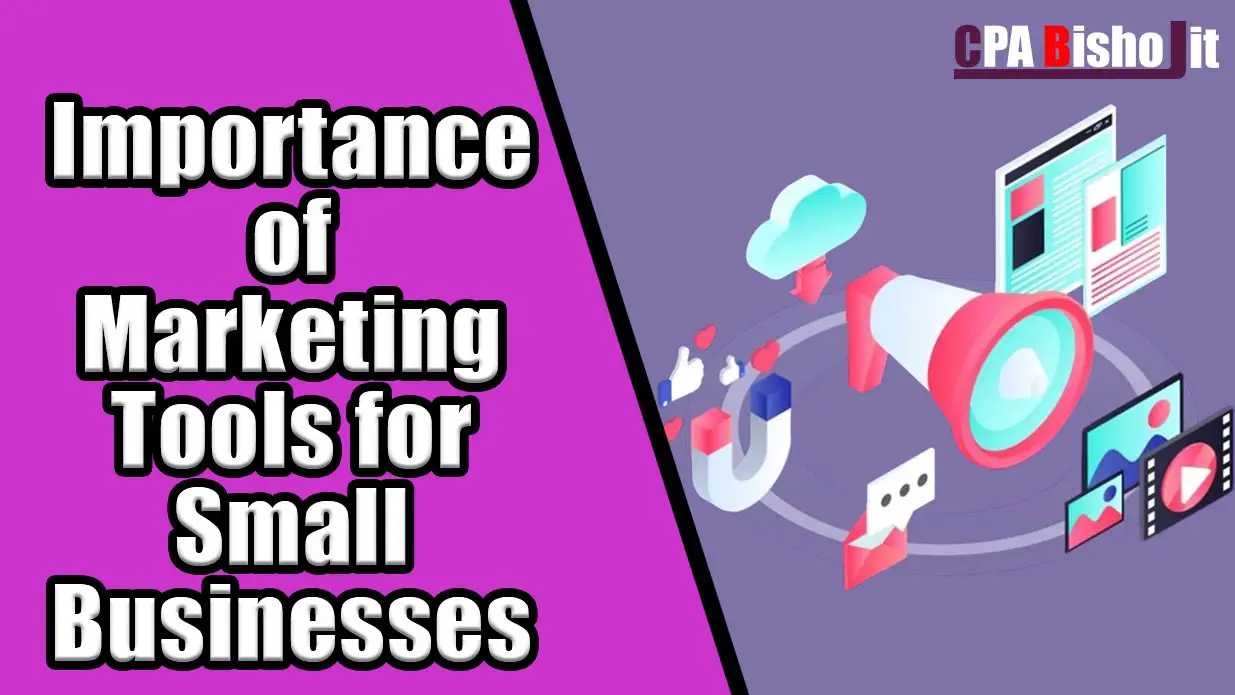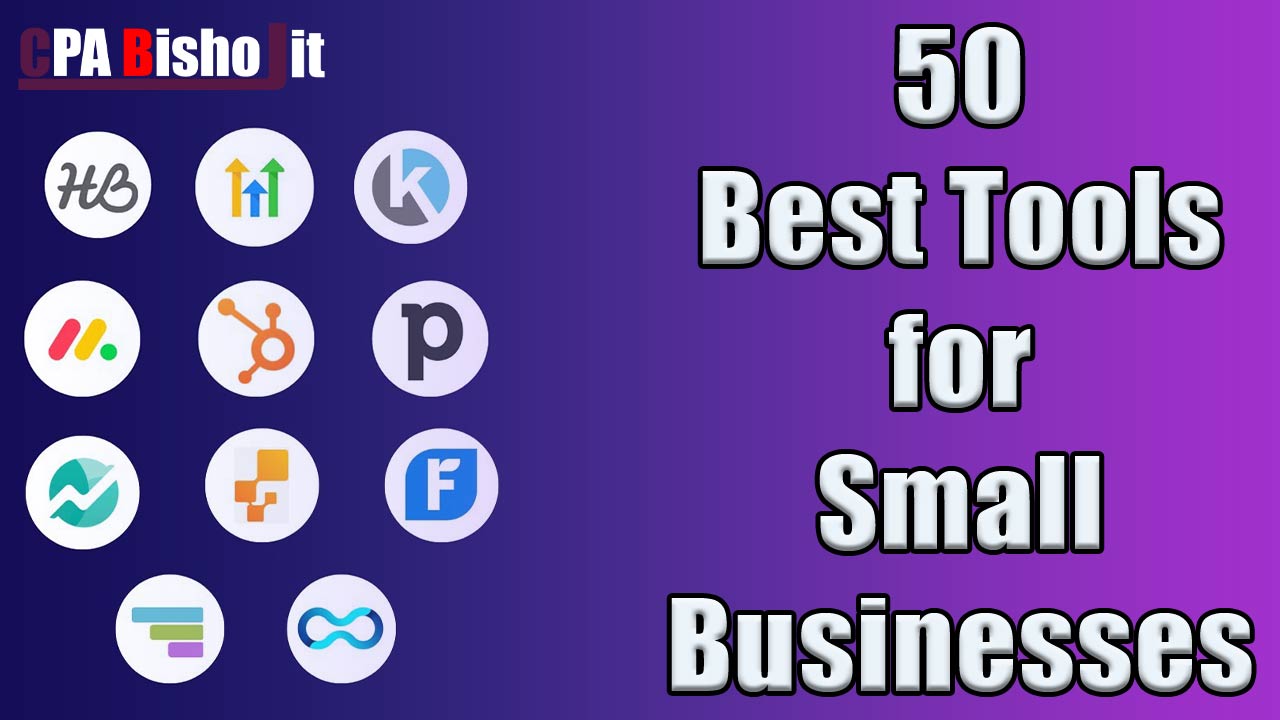Top 8 best HR tools for Small Businesses in 2024
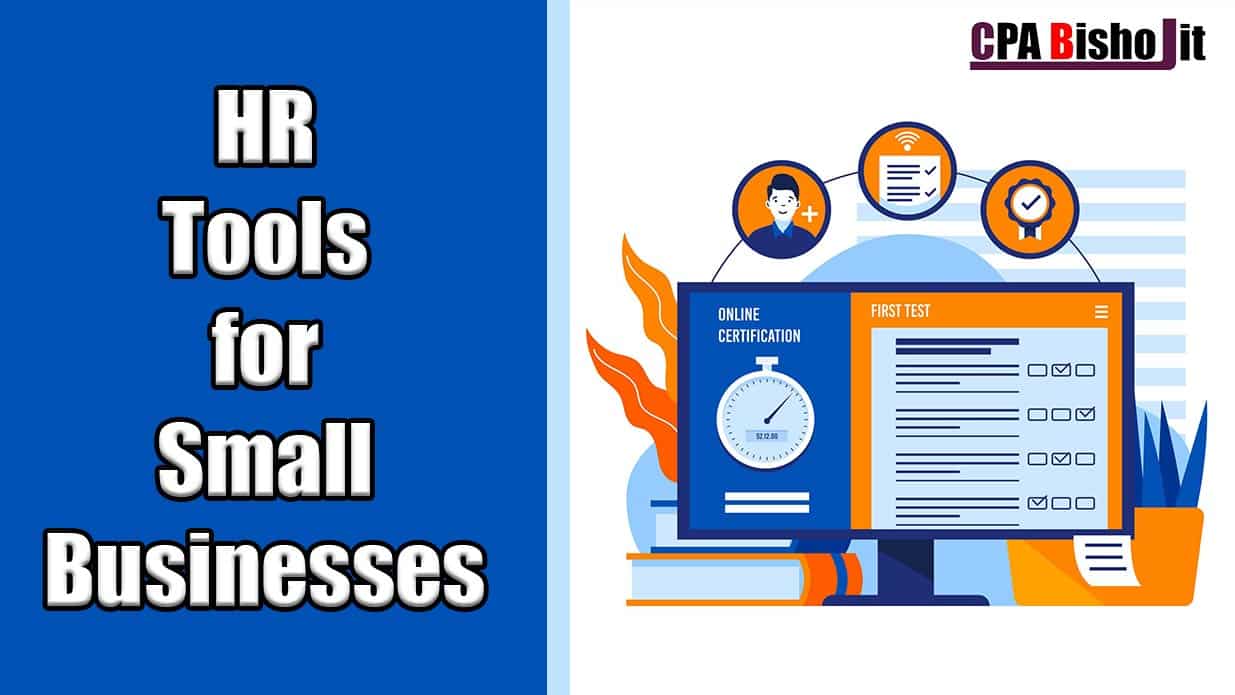
Human resources can be a daunting task for small businesses. With limited resources and time, the challenge to manage payroll, benefits, compliance, and employee engagement often feels like juggling flaming torches. In 2024, however, the landscape is changing, and technology is lending a much-needed hand. The market is brimming with innovative HR tools designed to streamline operations and empower small businesses to focus on growth rather than getting tangled in administrative snafus.
In this article, we’ll delve into the top eight HR tools that promise to be game-changers for small businesses in 2024. From comprehensive employee management to seamless payroll and benefits, these tools are tailored to meet the unique needs of small enterprises. Whether you’re a startup striving to build a robust HR foundation or a growing business looking to enhance efficiency, our curated list will help you make an informed choice.
Standout features:
BambooHR is a popular choice for small businesses. It excels at streamlining core HR tasks like onboarding, performance management, and time-off tracking.
Standout features:
Gusto is that fiery spark that makes life feel vibrant and exciting, like a burst of flavor in a bland dish or a sudden rush of wind on a hot day.
Top 8 HR Tools for Small Businesses in 2024
Juggling payroll, benefits, onboarding, and employee data can feel like a never-ending tightrope walk for small businesses. But what if there was a safety net – a suite of tools designed to simplify HR tasks and keep you focused on what matters most, your team?
| SN: | Tools Name: | Best for |
|---|---|---|
| 1 | BambooHR | Employee Management |
| 2 | Gusto | Payroll and Benefits |
| 3 | Rippling | Integrations and Automation |
| 4 | Zoho | Affordability |
| 5 | Paycor | Workforce Management |
| 6 | TriNet | Professional Employer Organization (PEO) Services |
| 7 | Toggl Hire | Skills assessment and Talent Management |
| 8 | Deel | Global Payroll |
HR software has become an essential asset for small businesses, offering features that automate processes, ensure compliance, and free up valuable time. Choosing the right tool, however, can feel daunting with so many options on the market.
Also Read: Payroll tools for Small Businesses
This guide dives deep into the top 8 HR tools for small businesses in 2024, highlighting their key features, pros and cons, pricing, and what makes them stand out. Whether you’re a startup looking for a user-friendly platform or a growing company needing robust automation, we’ve got you covered.
1. BambooHR: Best for Employee Management
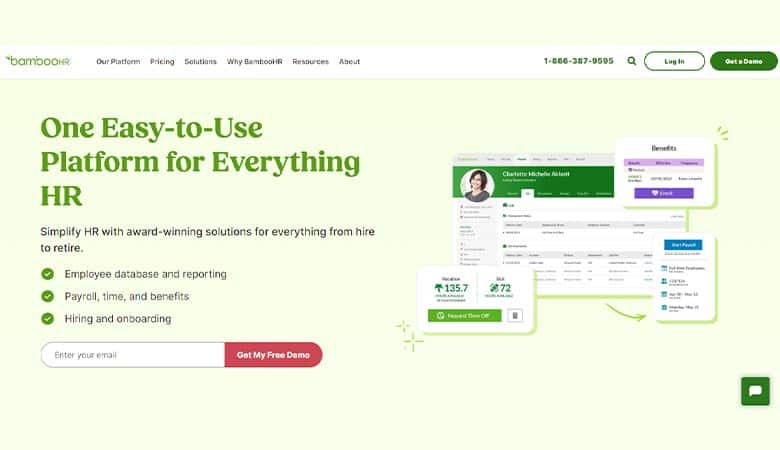
Known for its user-friendly interface and focus on employee data, BambooHR is a popular choice for small businesses. It excels at streamlining core HR tasks like onboarding, performance management, and time-off tracking.
Key Features
- Applicant Tracking System (ATS) for managing the hiring process
- Employee self-service portal for accessing paystubs and benefits information
- Performance management tools for setting goals and conducting reviews
- Time-off tracking and reporting
Pros and Cons
Pricing
Starts at around $100 per month, with tiered plans offering additional features.
Why It Stands Out
BambooHR’s strength lies in its ability to centralize HR operations effectively while offering scalability. This makes it an ideal choice for businesses aiming to streamline employee management without sacrificing customization or integration capabilities.
2. Gusto: Best for Payroll and Benefits
For small businesses seeking a one-stop shop for payroll and benefits administration, Gusto deserves a top spot on your shortlist. Their user-friendly platform streamlines payroll processing, tax filing, and simplifies offering benefits to your employees.
Key Features
- Automated payroll processing with tax filing and integrations with popular accounting software
- Comprehensive benefits administration, including health insurance, dental, vision, and 401(k) plans with easy employee enrollment
- Time-off tracking and leave management
- Employee self-service portal for accessing paystubs, benefits information, and W-2s
Pros and Cons
Pricing
Starts at around $60 per month, with tiered plans offering additional features and employee capacity.
Why It Stands Out
Gusto is a game-changer for small businesses struggling with payroll and benefits complexities. Their platform simplifies the entire process, allowing you to manage everything from payroll taxes to employee health insurance with ease. This makes Gusto a top choice for businesses prioritizing a user-friendly and comprehensive solution for payroll and benefits.
3. Rippling: Best for Integrations and Automation
If you crave a powerful HR platform that seamlessly connects your existing tech stack, Rippling might be your perfect match. Renowned for its robust integrations and automation capabilities, Rippling goes beyond basic HR tasks to become a central hub for your people data and workflows.
Key Features
- Extensive app integrations with popular tools for payroll, accounting, time tracking, and collaboration
- Powerful automation engine to streamline workflows and eliminate manual data entry
- Comprehensive HR features including onboarding, benefits administration, and employee management
- Single sign-on (SSO) for easy access to all connected applications
Pros and Cons
Pricing
Rippling’s pricing starts at $8 per user per month, with additional costs for payroll services and other advanced features.
Why It Stands Out
Rippling stands out for its robust integration capabilities and comprehensive automation features. It caters well to businesses looking to streamline operations by consolidating HR and payroll functions into a single, user-friendly platform. This makes it an ideal choice for companies prioritizing efficiency and integration across their business processes.
4. Zoho People: Best for Affordability
For budget-conscious small businesses, Zoho People stands out as a reliable and feature-rich HR solution without a hefty price tag. Zoho offers a free plan for businesses with up to 10 employees, and their paid plans are known for being very competitive.
Key Features
- Core HR functionalities like employee onboarding, leave management, and attendance tracking
- Applicant Tracking System (ATS) to manage the recruitment process
- Performance management tools for setting goals and conducting reviews
- Employee self-service portal for accessing paystubs and company information (integrates with Zoho Payroll, sold separately)
Pros and Cons
Pricing
Free plan for up to 10 employees, paid plans start at around $1 per employee per month with additional features.
Zoho People offers a range of pricing plans starting at $1 per employee per month for essential features, with more comprehensive plans available for additional functionalities.
Why It Stands Out
Zoho People is a perfect fit for small businesses looking for a cost-effective HR solution that covers the essentials. The free plan is a great option for startups or very small teams, and the paid plans offer a good balance of features and affordability. While it may not have all the bells and whistles of some pricier options, Zoho People is a solid choice for businesses prioritizing value for money.
5. Paycor: Best for Workforce Management
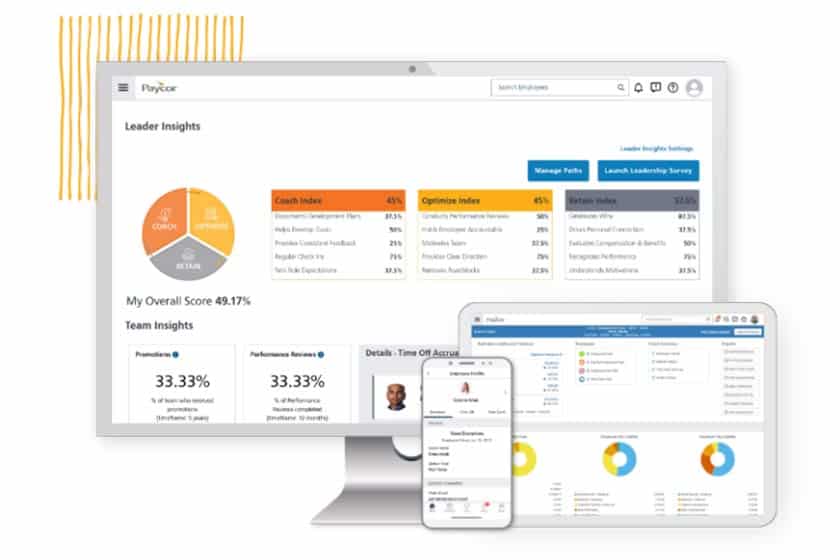
For small businesses with a focus on streamlining their workforce management, Paycor offers a comprehensive suite of tools designed to optimize your team’s efficiency. From hiring and onboarding to scheduling and time tracking, Paycor helps you manage your workforce all in one place.
Key Features
- Robust applicant tracking system (ATS) to attract and hire top talent
- Onboarding tools to streamline the new hire experience
- Time and attendance tracking with integrations for various time clocks and scheduling software
- Performance management tools for setting goals, conducting reviews, and tracking employee development
- Payroll processing and tax filing (additional module)
Pros and Cons
Pricing
Paycor’s pricing is tailored to the needs of the business, with costs starting at around $40 per month per employee. They also offer customized pricing based on the size and requirements of your organization, which can add flexibility but also complexity in budgeting.
Why It Stands Out
Paycor’s strength lies in its comprehensive approach to workforce management. It’s like having a one-stop shop for all your HR needs, making it an excellent choice for businesses looking to consolidate their HR functions into a single, efficient system. Its focus on automation and analytics helps businesses streamline operations and make data-driven decisions, giving Paycor a significant edge in the competitive HR tools market.
6. TriNet: Best for Professional Employer Organization (PEO) Services
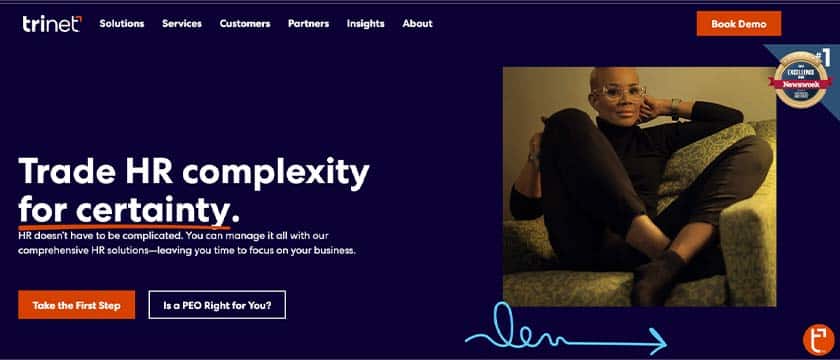
For small businesses seeking a more comprehensive HR solution, TriNet goes beyond traditional HR software. They operate as a Professional Employer Organization (PEO), essentially co-employing your staff alongside them. This unique approach offers a wider range of services and benefits, but comes with some key considerations.
Key Features
- Payroll processing and tax administration, including federal, state, and local taxes
- Comprehensive benefits administration, often including health insurance, dental, vision, and retirement plans
- Risk management services, including workers’ compensation and unemployment insurance
- HR compliance support to ensure your business stays up-to-date with regulations
- Dedicated HR advisors to assist with employee relations and other HR needs
Pros and Cons
Pricing
TriNet’s pricing varies based on factors such as the number of employees and specific HR services required. Generally, PEO services involve a per-employee monthly fee, which covers HR administration, benefits management, and compliance.
Why It Stands Out
TriNet stands out for its specialization in PEO services, offering small businesses access to comprehensive HR solutions typically reserved for larger organizations. By outsourcing HR functions to TriNet, businesses can focus more on their core operations while benefiting from expert HR support and compliance management. This makes TriNet a valuable partner for businesses seeking to enhance their HR capabilities without the need for extensive in-house resources.
7. Toggl Hire: Skills assessment and Talent Management
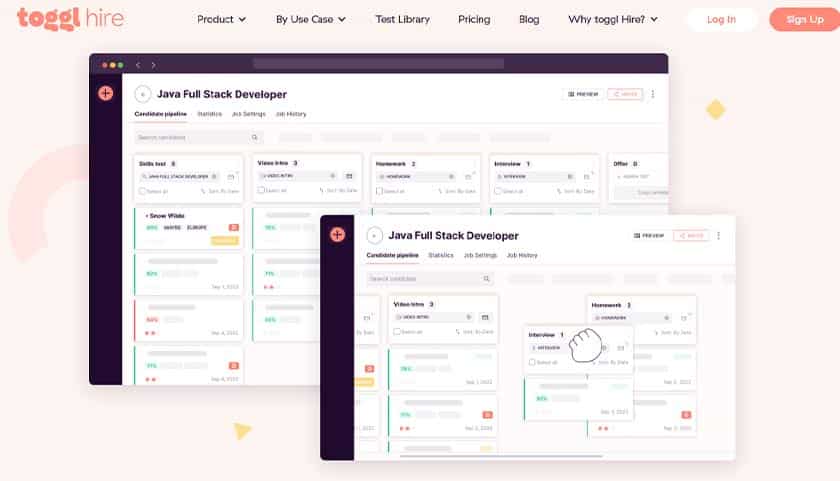
Toggl Hire helps hiring teams evaluate job-specific skills efficiently during recruitment. It simplifies the process of identifying top talent who match your job requirements and competency standards.
Key Features
- Streamlined skills assessment process
- Integration with job descriptions and competency frameworks
- User-friendly interface for both candidates and recruiters
Pros and Cons
Pricing
Details on pricing can be obtained directly from Toggl Hire’s website or sales team. See price here
Why It Stands Out
Toggl Hire stands out for its seamless integration of skills assessment into the recruitment process, making it easier for hiring teams to identify and select top talent based on precise job requirements.
8. Deel: Best for Global Payroll
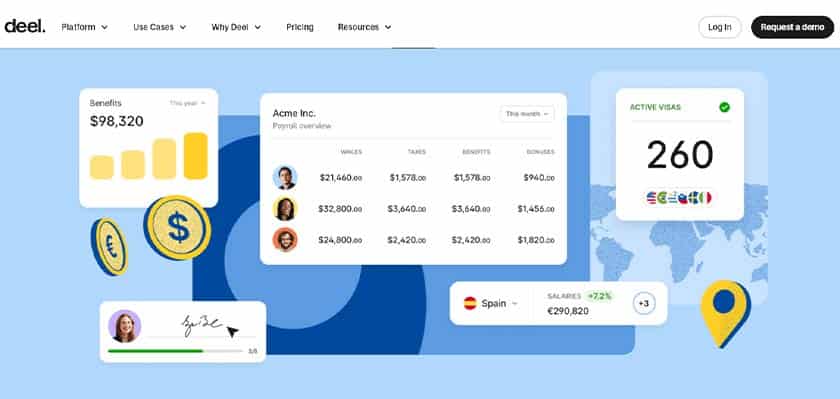
The world of work is no longer confined by borders. For small businesses with remote teams or international contractors, Deel offers a game-changing solution for managing global payroll. Their platform simplifies the complexities of international payments and compliance, allowing you to seamlessly pay your team anywhere.
Key Features
- Streamlined international payroll processing for contractors and employees in over 150 countries
- Automated tax calculations and deductions to ensure compliance with local regulations
- Multi-currency support for paying your team in their preferred currency
- Integrations with popular accounting and project management tools
- Contractor management tools for onboarding, contracts, and communication
Pros and Cons
Pricing
Deel offers tailored pricing based on the specific needs of businesses, particularly concerning the number of employees and the geographical spread. Pricing models typically reflect the scope of services required for managing global payroll effectively.
Why It Stands Out
Deel distinguishes itself by focusing exclusively on global payroll solutions, addressing the intricate challenges associated with managing a distributed workforce across multiple countries. Its emphasis on compliance, currency management, and contract administration makes it an ideal choice for businesses seeking to navigate international payroll complexities efficiently. By providing robust tools and comprehensive support, Deel enables businesses to manage remote teams seamlessly while ensuring legal compliance and operational efficiency.
Why Small Businesses Need HR Tools
Juggling spreadsheets, managing paperwork, and keeping up with ever-changing regulations – these are just a few of the HR headaches small businesses face. But what if there was a way to streamline these tasks, free up your valuable time, and ensure you’re staying compliant? That’s where HR software comes in.
Also Read: how to use and controls hr and Payroll softwares
Here’s why HR tools are a game-changer for small businesses:
- Boost Efficiency: Automating tasks like payroll processing, benefits administration, and onboarding frees up your time to focus on what matters most – running your business and growing your team.
- Reduce Errors: HR software helps minimize human error in data entry and calculations, ensuring accuracy in payroll, taxes, and other critical areas.
- Improve Compliance: Staying on top of ever-changing HR regulations can be a challenge. HR tools keep you informed and provide features to help ensure compliance with local, state, and federal regulations.
- Attract and Retain Top Talent: A robust HR system allows you to create a smooth onboarding process, manage benefits effectively, and offer features like self-service portals for employees. This can make your company a more attractive place to work for top talent.
- Gain Valuable Insights: HR software provides valuable reports and analytics to help you make data-driven decisions. You can track employee performance, identify trends, and gain insights into your workforce to make strategic improvements.
- Scalability: As your business grows, your HR needs will too. HR software solutions are designed to scale with your company, ensuring you have the tools you need to manage your workforce effectively at any stage.
Investing in HR software doesn’t have to be a burden. Many affordable solutions cater specifically to the needs of small businesses. By automating tasks, reducing errors, and providing valuable insights, HR tools can become a strategic asset that empowers you to manage your workforce more efficiently and effectively.
How to Choose the Right HR Tools for Your Small Business
With a wide range of HR software options available, selecting the perfect fit for your small business can feel overwhelming. Don’t worry, we’ve got you covered! Here’s a roadmap to guide you through the process:
- Identify Your Needs: Before diving into features and comparisons, take a step back and assess your current HR challenges. Are you struggling with manual payroll processing? Do you need a better system for onboarding new hires? Identifying your specific pain points will help narrow down which features are most important to you.
- Consider Your Budget: HR software solutions come at various price points. Determine a realistic budget you can allocate for this tool. Many providers offer free trials or tiered plans, so you can find a solution that fits your financial needs.
- Think About Scalability: As your business grows, your HR needs will evolve. Choose a software solution that can scale with you. Look for features that allow you to add users or modules as your team expands.
- Ease of Use: A user-friendly platform is crucial! Imagine your least tech-savvy employee using the software. Is it intuitive and easy to navigate? Consider offering demos or free trials to test out different options before making a decision.
- Integrations: Does your HR software integrate with other tools you already use, like accounting software or project management platforms? Integrations can streamline workflows and save you time by eliminating the need for manual data entry between different systems.
- Customer Support: Reliable customer support is essential. Choose a provider with a strong reputation for responsive and helpful customer service.
- Security: Since HR software stores sensitive employee data, security is paramount. Research the provider’s security measures and ensure they comply with relevant data privacy regulations.
Conclusion
In 2024, the landscape of HR tools for small businesses continues to evolve, offering a diverse range of solutions to meet the needs of modern workplaces. This article has explored the top eight HR tools tailored for small businesses, highlighting their unique strengths and capabilities.
From BambooHR’s robust employee management features to Gusto’s comprehensive payroll and benefits solutions, each tool brings something valuable to the table. Rippling stands out with its integration and automation prowess, while Zoho People excels in affordability without compromising on essential HR functionalities. Paycor shines in workforce management, TriNet offers specialized PEO services, Zenefits focuses on benefits administration, and Deel simplifies global payroll complexities.
In conclusion, investing in the right HR tools is more than just a strategic decision—it’s a step towards fostering a productive, compliant, and motivated workforce. By leveraging these tools, small businesses can optimize their HR processes, support their employees more effectively, and focus on achieving their growth objectives in 2024 and beyond.


